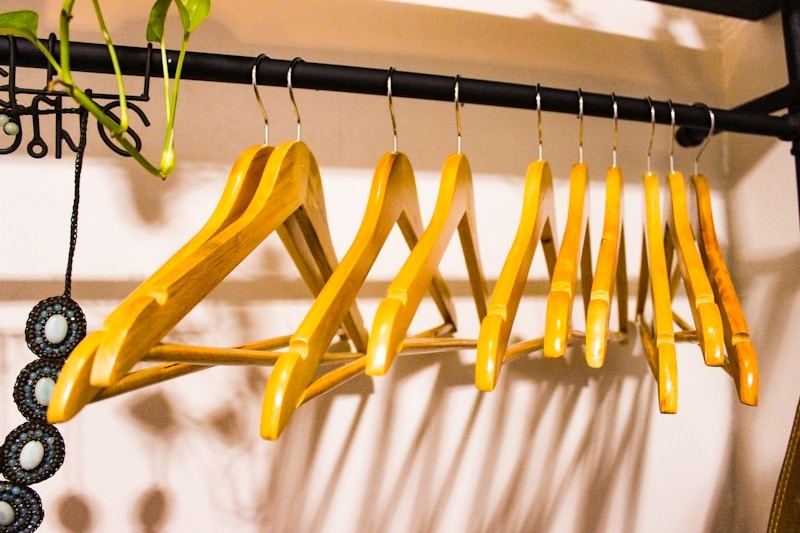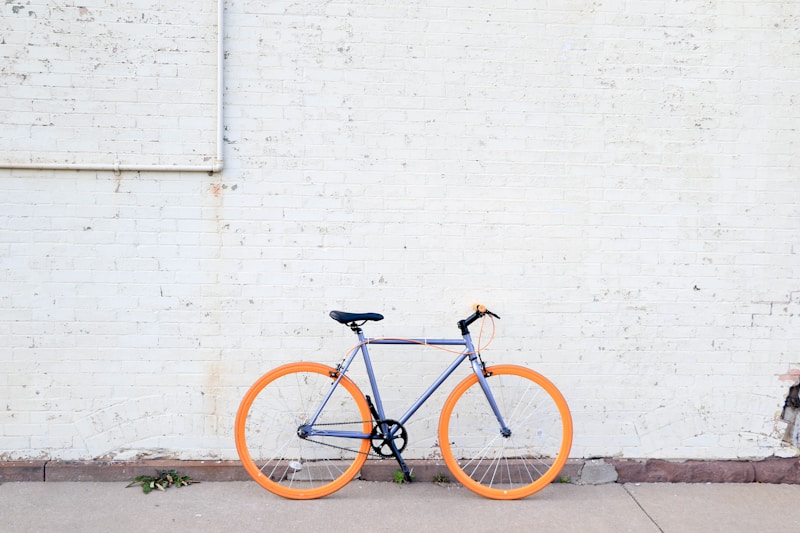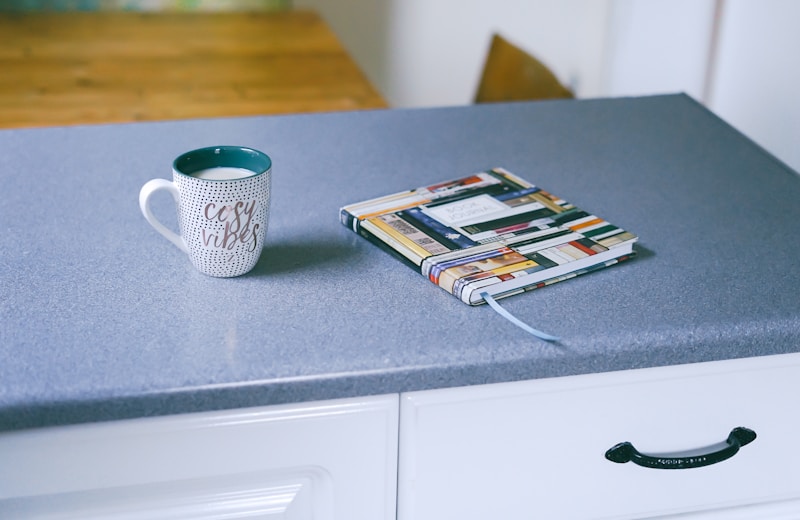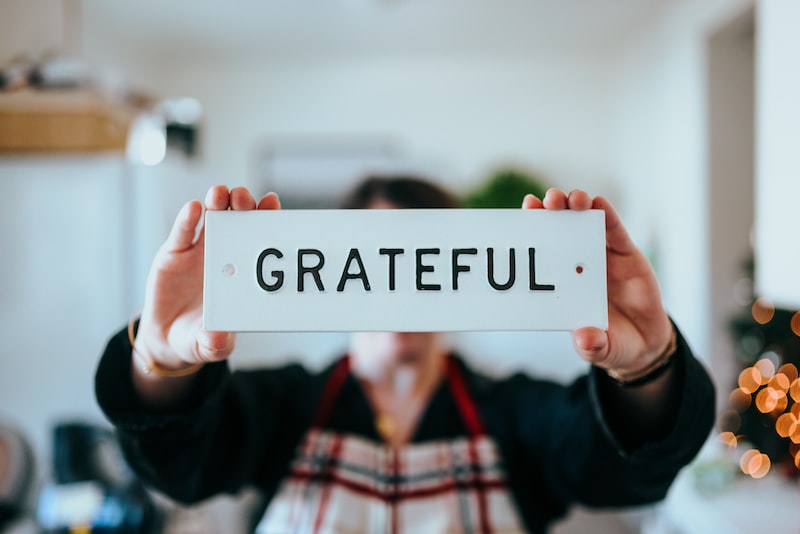We all have those days (or weeks!) where life feels anything but easy. That’s why I’m a big believer in simplifying life whenever possible.

But why should we simplify our life in the first place? Well, for starters, you’ll gain more time, energy, and mental clarity to focus on the things that truly matter, like spending time with loved ones, pursuing your passions, or just enjoying a quiet cup of tea.
So in this article, I’ll go over a couple of tips or rules that keep life simple so that we can have fewer things that go wrong or trigger sadness and uncertainty.
Note: I’m not a personal guru or coach, but I got some ideas ok? Hope they are useful to you, if not hey… at least I tried and you also tried to improve your life by reading this so it’s a win-win. Right? Right…
Ok, let’s go to the serious stuff:
Stop Comparing Yourself to Others

The comparison trap is something real, and unfortunately, all of us go through this to some extent whether we do it consciously or not or whether we want to or not.
We might see that our neighbor pulled in the driveway with a new car, we then take a glance at our 15+ year old car and we start to desire his car and his position. This is not a good habit (not that I’m someone to tell you what to do), but in general, it makes us insecure and have a feeling of not being good enough.
When you don’t compare yourself or your life to your peers, life becomes simpler and much easier. So start here.
Money Isn’t Everything

Sure, we need money, and we have to work for it, it won’t magically fall on us from the sky. Even God told Adam that we will have to sweat to gain our food and to be able to survive on this earth:
By the sweat of your brow you will eat your food until you return to the ground, since from it you were taken; for dust you are and to dust you will return.” Genesis 3:19 (NIV)
But while money is good, because it provides financial freedom allowing us to spend more time with our family and friends, remember that we shouldn’t get obsessed by it or by the idea of gaining more all the time.
This mentality puts us into a deep state of always focusing on money and ignoring life and our other duties towards our friends, family and overall community.
We also don’t have unlimited time to waste, time is limited for all of us, so it’s the old time vs money argument again… and deciding which is more important in the long term.
Remember that true happiness doesn’t come from material possessions. In fact, simplifying your life in other areas can free up time and energy to focus on the things that truly matter. Here are some additional strategies that can help you keep life simple…
Declutter Your Space, Declutter Your Mind

This might sound cliché, but it’s true! Living in a cluttered space can be overwhelming and contribute to feelings of stress and anxiety.
Take some time to declutter your home, office, or wherever you spend most of your time.
Get rid of things you don’t use, don’t love, or that are broken. This doesn’t have to be a massive undertaking – start small with a drawer or a shelf.
You’ll be surprised at how much lighter you feel (both physically and mentally) by letting go of unnecessary stuff.
I recently started to give away some of my old smartphones, it’s amazing how many of them were just sitting there collecting dust… when they could have been given away or recycled and I get left with more clean space.
Also, I don’t know the psychology behind this and it’s too late to research it now, but for some reason I find that I work better when my desk is clean of thrash and unnecessary items. When I have just my laptop and a notebook for taking notes, I can focus much better versus when I also have bags of chips, water bottles, or thrash around. Give this a try, for an extra boost of productivity.
Embrace Minimalism (But Don’t Go Crazy)

Minimalism isn’t about depriving yourself; it’s about surrounding yourself with things that truly matter.
Think about the things that bring you joy and purpose, and get rid of the rest.
This doesn’t mean you have to live in a completely bare apartment (unless that’s your thing!), but be intentional about what you keep.
If someone were to tell me: Hey you wanna move to Spain tomorrow? I’ll be ready by the morning with a simple suitcase and a backpack ready to go.
You don’t need a lot of stuff to be happy and have a good life, in fact most of the extra stuff – while nice to have – hinders our progress as we get stuck into complacency (I hope that’s the right word).
Schedule Time for What Matters Most

Life gets busy, but it’s important to schedule time for the things that are truly important to you.
Whether it’s spending time with family, pursuing a hobby, or simply relaxing, make sure you block out time in your calendar for these activities.
This helps avoid feeling overwhelmed and ensures you don’t neglect the things that bring you joy.
Don’t forget to set out time for your personal goals as well, especially if you’re always busy with work and family.
Learn to Say No (More Often)

We all have a tendency to overcommit ourselves, but this can lead to feeling stretched thin and stressed.
Learn to politely decline requests on your time and energy when you need to.
It’s okay to prioritize your own well-being and say no to things that don’t align with your goals or values.
For example: Your friends invite you to go clubbing, but that’s not your style?. Learn to: say no thanks, I’m good. Sure, spending time with your loved ones is nice and should be prioritized but you shouldn’t feel the need to partake in stuff that you don’t want to.
I had this happen many times in my life, I go out with them knowing full well it’s not something that I really enjoy, but I go anyway just to spend time with them and have a bit of fun… even if I won’t drink more than a glass or two.
By the time it’s 3 AM or so, I realize I should have stayed at home, my legs are killing me and the vibe is not for me (wow I sound like an old man… I am one anyway, everything hurts after 30 lol). But anyway back to our article: Learn to say no (but in a nice way and politely).
Develop a Routine

Having a routine can give your life a sense of structure and predictability, which can be incredibly calming.
This doesn’t mean you have to be rigid, but having a general idea of how your day will flow can help you feel more prepared and less stressed.
Ideally, the best thing is to have a morning routine, this way you get to start off the day on the right foot, or left one if you’re a lefty.
Disconnect to Reconnect

In our constantly connected world, it’s easy to feel overwhelmed by information overload.
Schedule some time each day to disconnect from technology. This is called a digital detox, which is a fancy way of saying: Put that silly phone down and relax for a bit.
So turn off your phone notifications, put away your laptop, and simply be present in the moment.
This can help you reduce stress, improve focus, and appreciate the simple things in life.
Disconnecting from technology also helps you escape the FOMO trap. Social media can be a breeding ground for Fear Of Missing Out.
We’re constantly bombarded with images of other people’s seemingly perfect lives, which can leave us feeling inadequate and unsatisfied with our own.
But remember, social media is often a highlight reel, not a reflection of reality.
Focus on Being Grateful

Taking time to appreciate the good things in your life can significantly improve your overall happiness.
Start a gratitude journal or simply take a few minutes each day to reflect on the things you’re grateful for.
Focusing on the positive aspects of your life can help shift your perspective and create a sense of contentment.
Remember, keeping life simple is a journey, not a destination. Don’t get discouraged if you don’t achieve the “simple living” mindset overnight.
Start by incorporating a few of these tips into your routine, and gradually build from there.
The more you simplify your life, the more you’ll find yourself feeling calmer, happier, and more in control.




